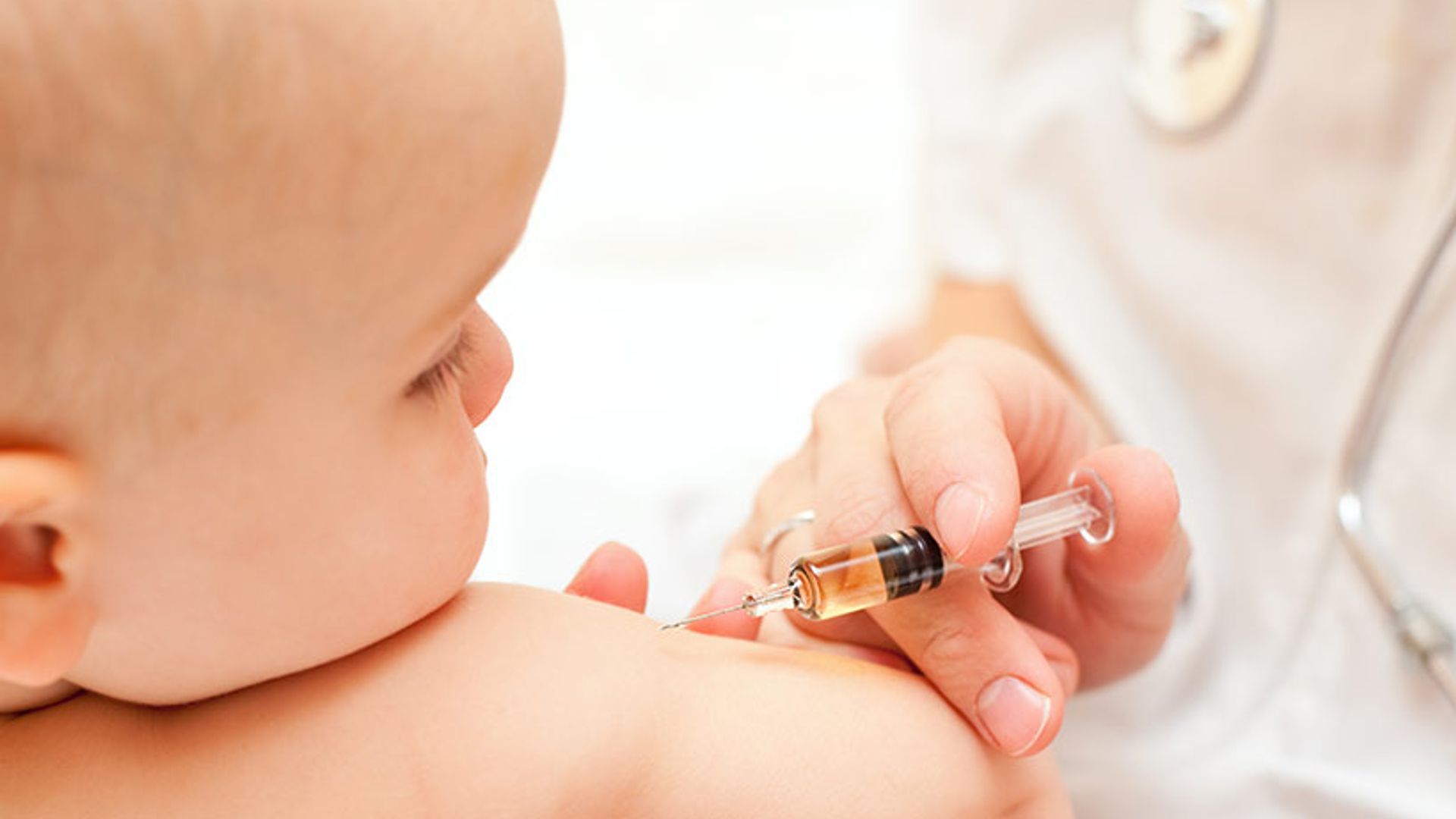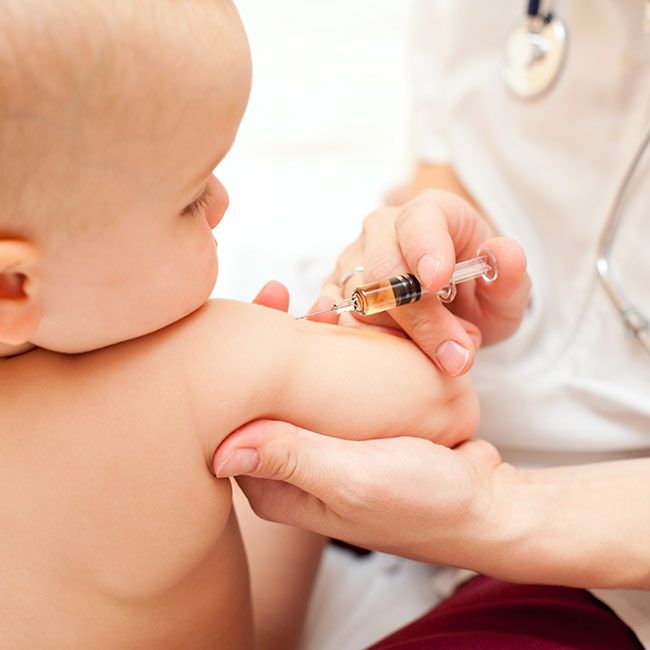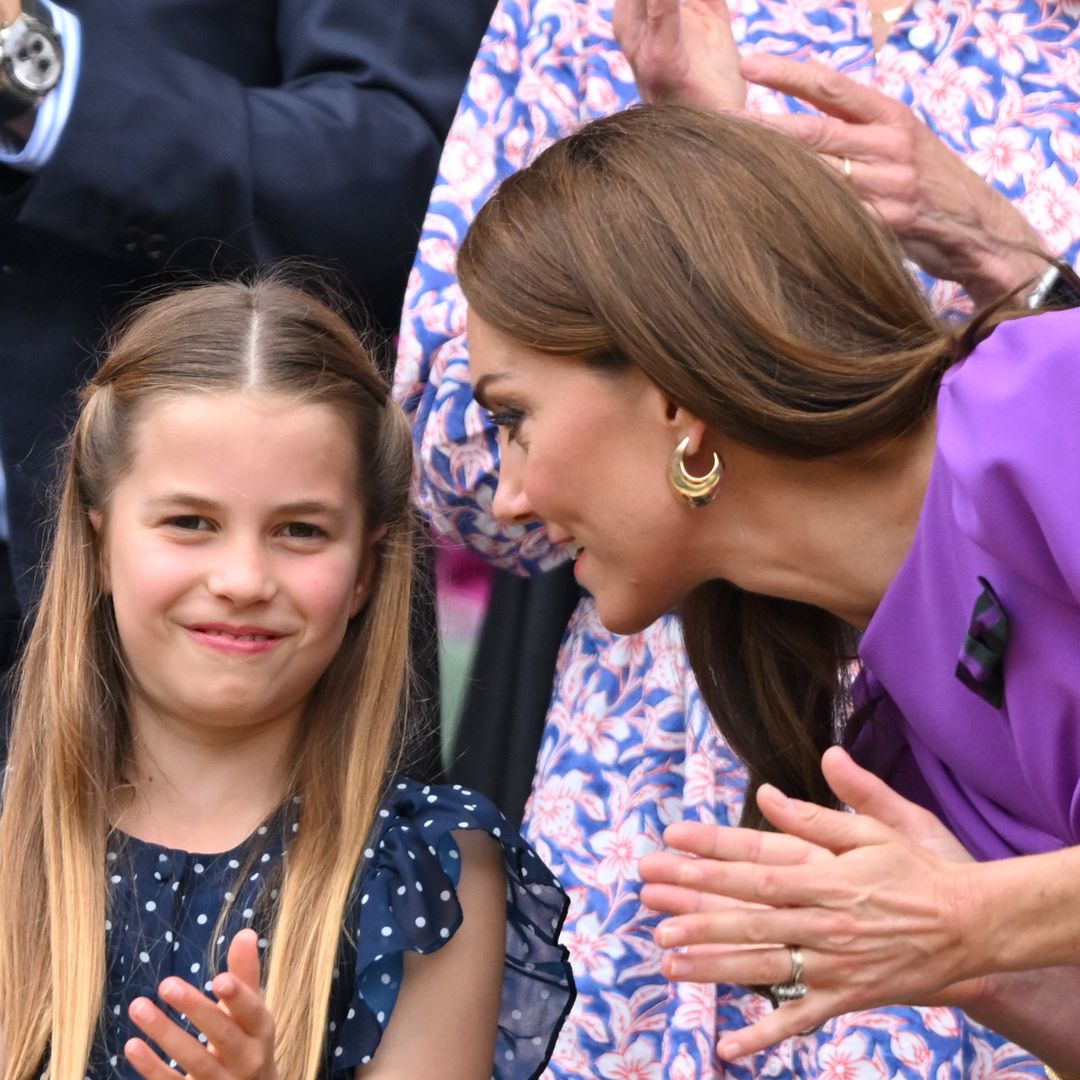All babies born in the UK from the 1 August will be offered the Hepatitis B jab to protect them from infections that cause cirrhosis and liver cancer. The new vaccine will be added to the 5-in-1 jab that is given to babies across the UK when they are eight, 12 and 16 weeks old. This single jab already contains vaccines to protect against five separate diseases: diphtheria, tetanus, whooping cough (pertussis), polio and Haemophilus influenzae type b (known as Hib – a bacterial infection that can cause severe pneumonia or meningitis in young children).
Public Health England (PHE) said the decision to inoculate all babies, rather than just those deemed at high risk, was taken because a "cost-effective combination vaccine" was now available. Several other countries already offer the Hep B jab after the World Health Organisation recommended in 1992 that all babies should be immunised against the virus. Hepatitis B virus is found in the blood and bodily fluids of an infected person.
According to the NHS, the vast majority of people infected with hepatitis B in adulthood are able to fight off the virus and fully recover within one to three months. Most will then be immune to the infection for life. But on the other hand, babies and children with hepatitis B are more likely to develop a chronic infection. Chronic hepatitis B affects around 90 per cent of babies with hepatitis B.
Although treatment can help, there's a risk that people with chronic hepatitis B could eventually develop life-threatening problems such as scarring of the liver (cirrhosis) or liver cancer. Up until 1 August, a hepatitis B vaccine is only available for people at high risk of the condition.









